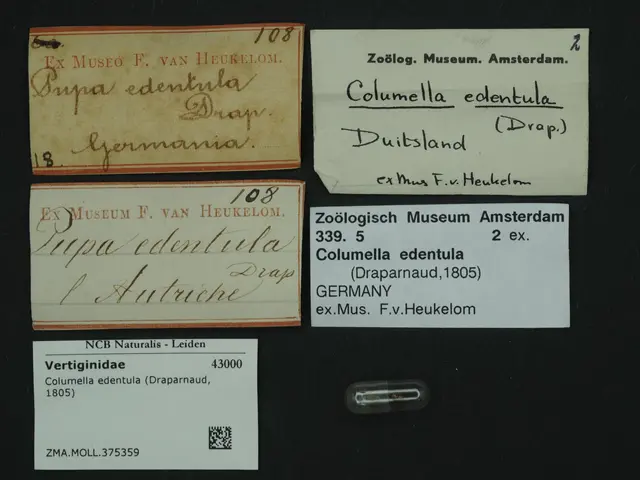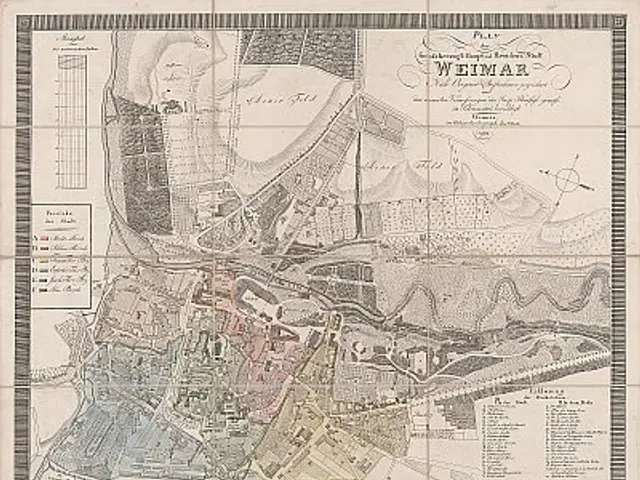EU car industry experiences continued pressure from White House tariff policies
The US and EU have reached a preliminary trade agreement, as announced last Sunday by President Ursula von der Leyen. However, the deal does not include a reduction in tariffs on EU cars, contrary to initial assumptions.
Under the terms of the agreement, a blanket 15% tariff will be imposed on EU goods from August 8th. This tariff will apply to a wide range of products, including cars, which have been subject to 25% US tariffs since April 2nd.
Despite the high-level announcements, the tariffs on EU cars were not lowered to 15% or below as part of the July 31 executive order. The final US stance retained a 15% tariff on most EU imports, including cars, as part of a broader tariff framework aimed at addressing trade imbalances and protecting certain US sectors.
Autos were among the sectors where US tariffs remained significant and were not part of the generalized 15% cut that was applied to some other countries. The Commission and the US administration are currently struggling to agree on a joint text regarding the EU-US deal.
Negotiations are ongoing over a series of exemptions, as pressure mounts from the EU wine and spirits industry. In a positive development, the US factsheet also mentioned the EU's commitment not to apply telecommunications network usage fees in the context of the ongoing dispute between EU telecom companies and US tech giants in Brussels.
The Commission notes that a white paper on digital networks published in February 2024 assessed that imposing a network fee was "not a viable solution". Any attempt to circumvent these tariffs will be penalized with a 40% duty on the goods concerned, although no new information about these penalties was provided.
EU Trade Commissioner Maroš Šefčovič welcomed "the first results of the EU-US deal", signalling a cautious optimism amidst the ongoing negotiations. The deal aims to formalise the political trade agreement reached on July 27, with work continuing on the negotiations for a joint statement.
Uncertainty remains over the fate of steel and aluminium, currently hit by 50% US tariffs, which are expected to soon be subject to lower tariff-rate quotas according to the Commission. The agreement avoided the threat of a 30% tariff but imposed a 15% tariff on nearly all EU goods, with some sector-specific levies yet to be worked out.
- The aerospace industry, which relies heavily on components imported from the EU, will be impacted by the 15% tariff imposed on EU goods, as stated in the agreement.
- Despite the EU and US reaching a preliminary trade agreement, the finance sector may face adjustments due to the ongoing negotiations over a series of exemptions, particularly from the EU wine and spirits industry.








